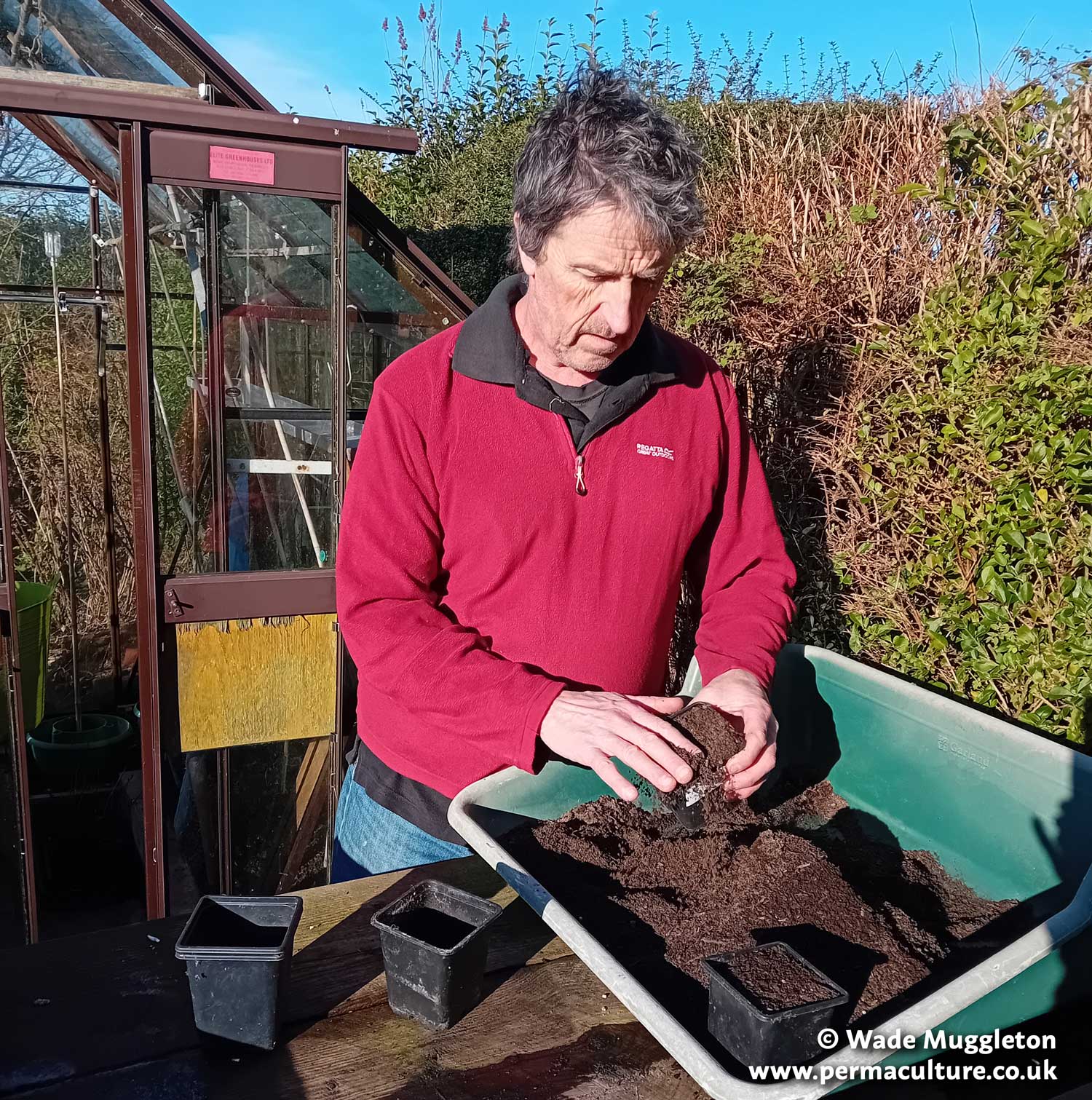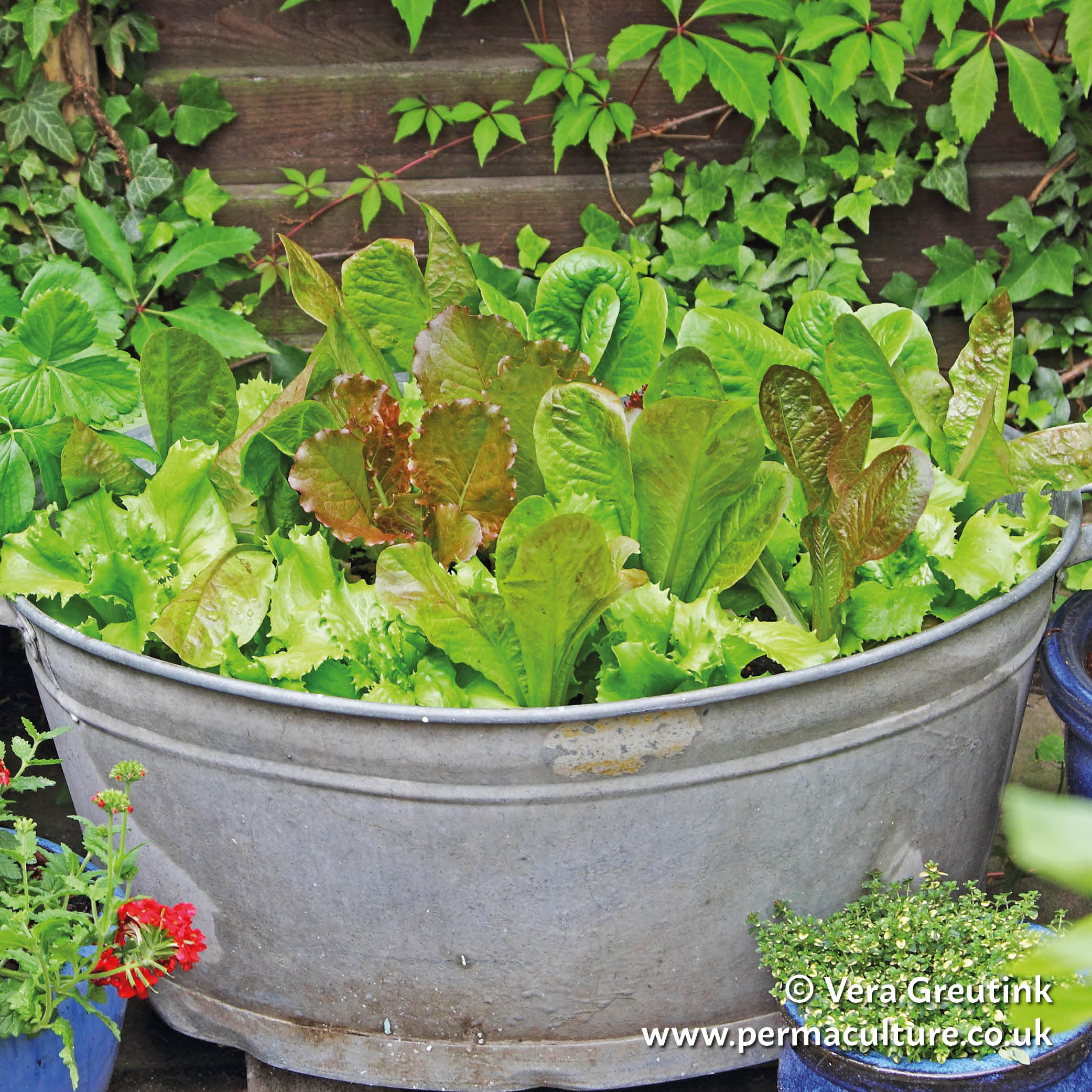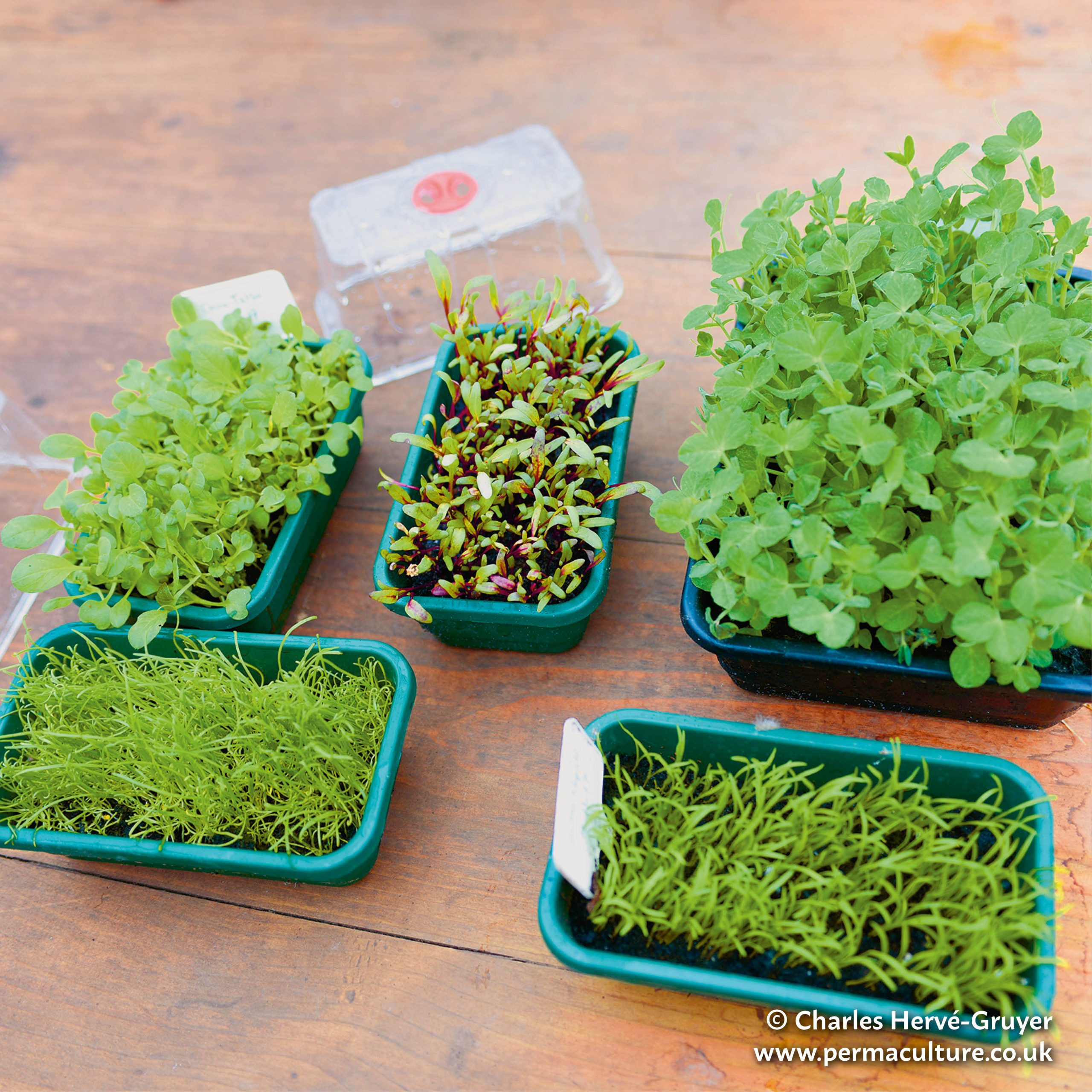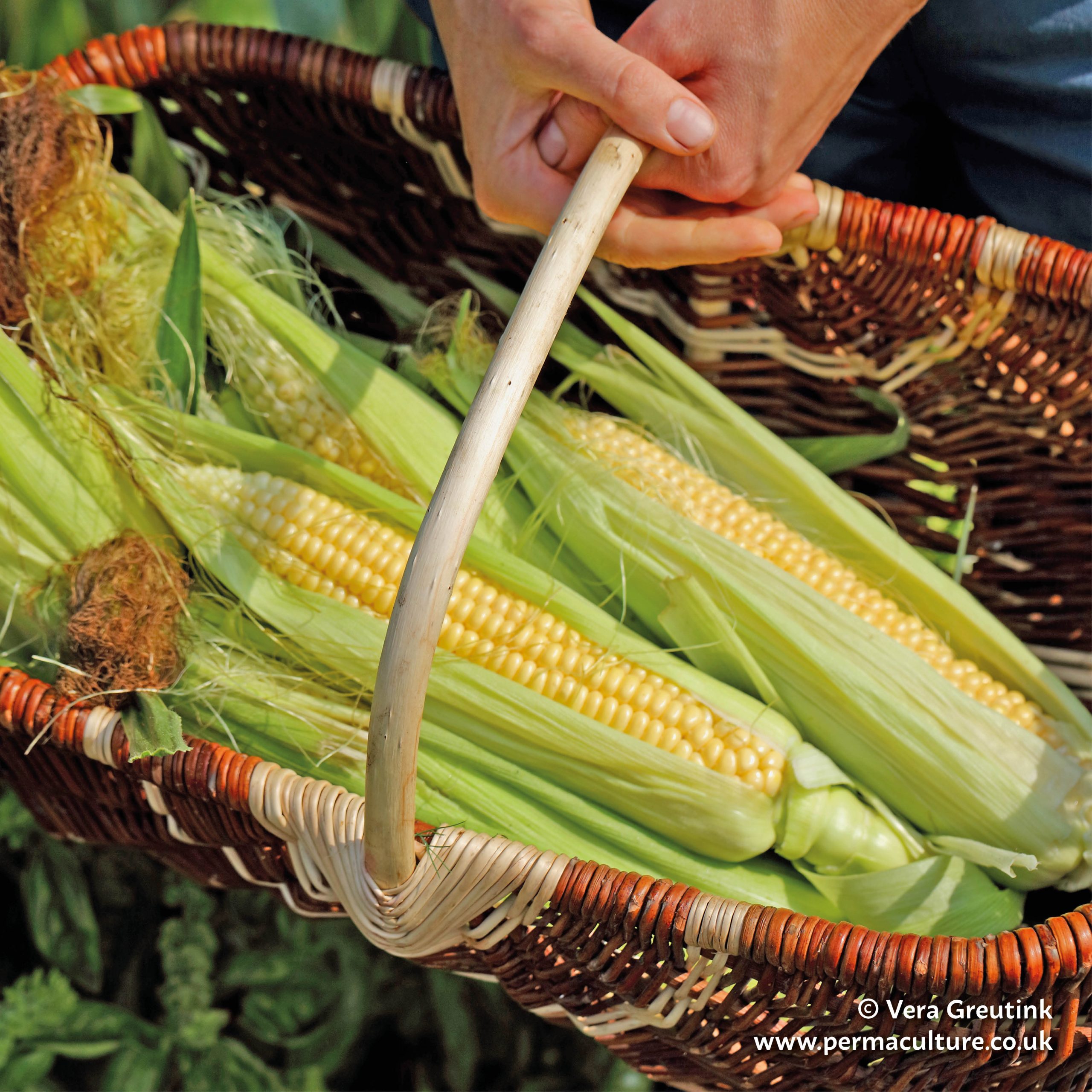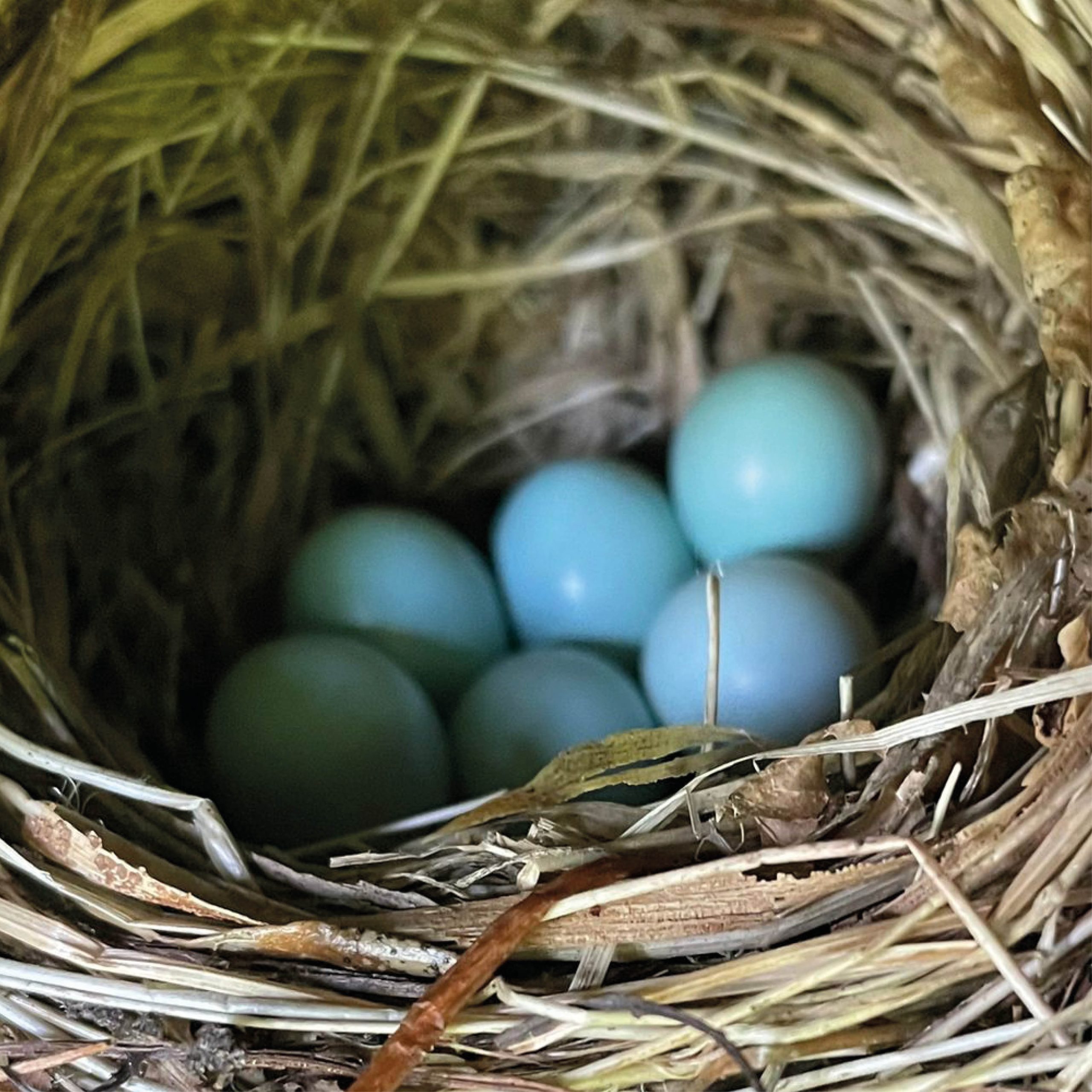We are delighted to announce the recipients of the 2025 Permaculture Magazine Award, in collaboration with Lush Spring Prize.
Four projects have been awarded from a fund of £25,000.
The Permaculture Magazine Award is a celebration of the vital work of permaculture projects from around the world.
The Permaculture Magazine Award was established in 2018 to celebrate the vital work of permaculture projects around the world. To date (May 2025) it has awarded 28 projects with over £155,000. The award has received hundreds of applications, and it is a privilege to highlight this vital regenerative work that is world changing.
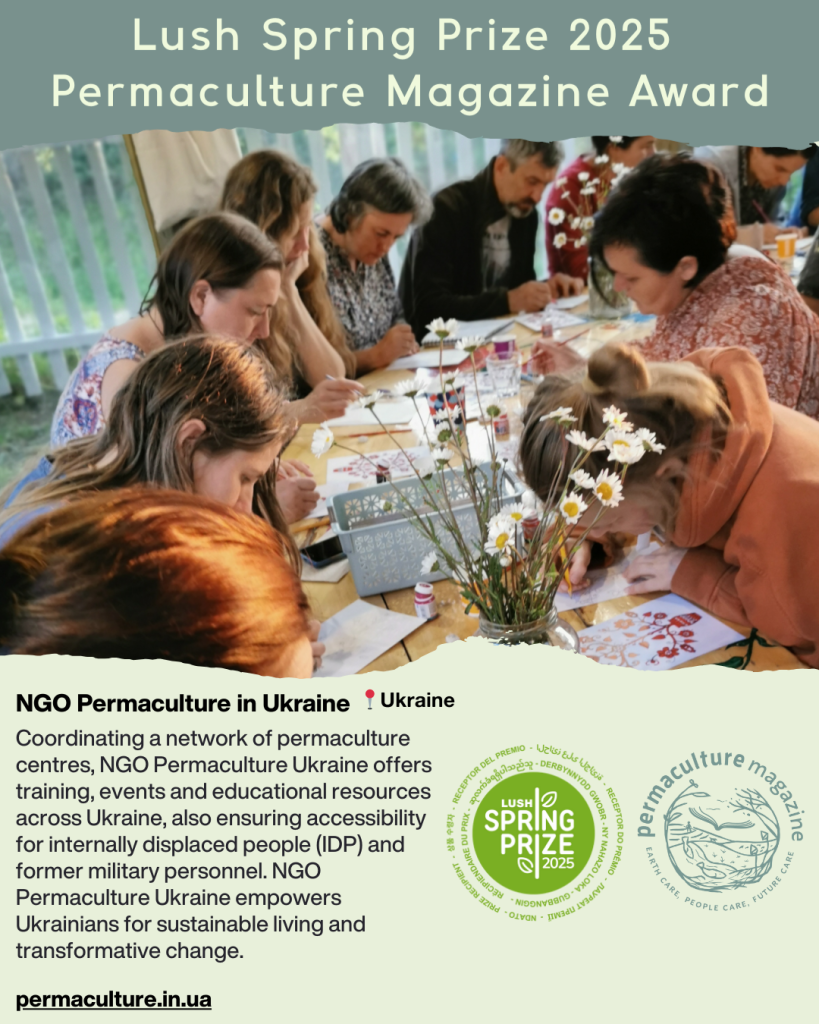
Coordinating a network of permaculture centres, NGO Permaculture Ukraine offers training, events and educational resources across Ukraine, also ensuring accessibility for internally displaced people (IDP) and former military personnel.
The organisation was founded following the first Permaculture Design Course (PDC) in Ukraine in 2011, and has held at least one PDC annually, actively seeking funding to make training accessible to vulnerable groups.
Following the full-scale invasion in 2022, its focus expanded to include:
The 14 permaculture centres provide training, shelter for IDPs and war-abandoned animals, and rehabilitation for children and adults. Its designers also create communal projects, including schools and homes for disabled people. Despite air raids and blackouts, NGO Permaculture Ukraine successfully hosted a two-day permaculture festival in Kyiv’s botanical garden in September 2024, drawing 100 participants eager to engage with top regenerative practitioners.
NGO Permaculture Ukraine empowers Ukrainians for sustainable living and transformative change. Through active social media engagement and collaborations with ecovillages, zero-waste networks, and other ecological movements, it extends its influence and inspires a growing audience to adopt permaculture principles for Ukraine’s regeneration. https://permaculture.in.ua
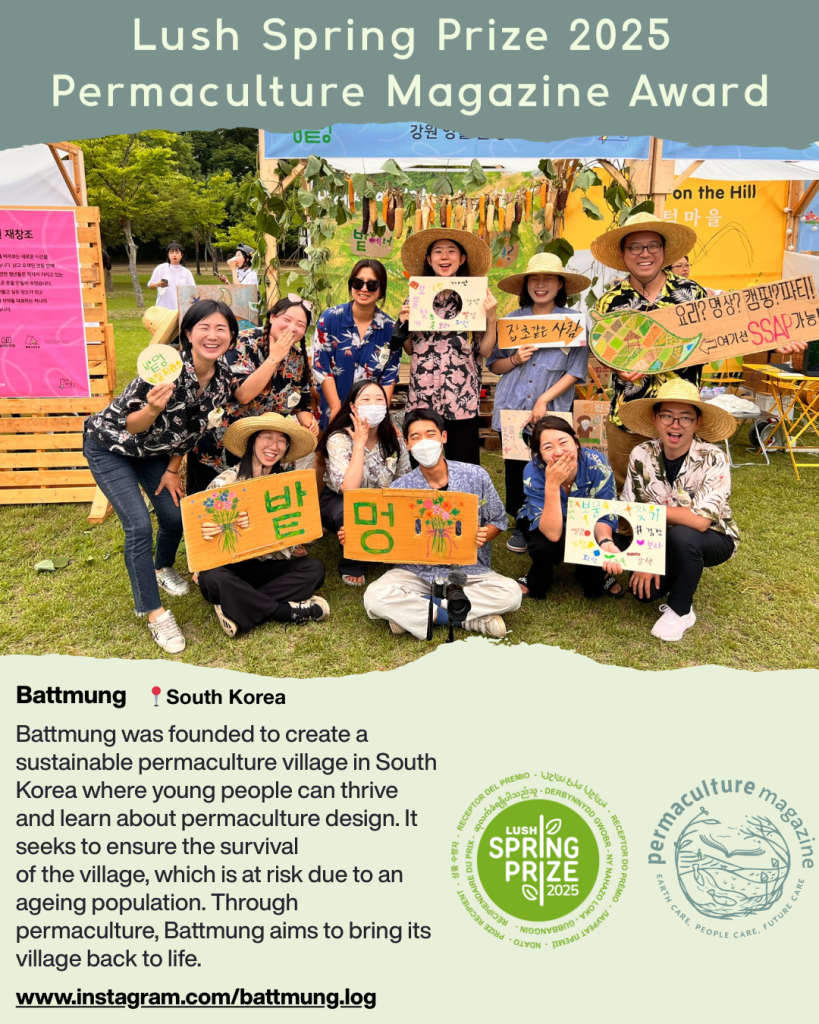
Battmung was founded to create a sustainable permaculture village in South Korea where young people can thrive and learn about permaculture design.
It seeks to ensure the survival of the village, which is at risk due to an ageing population. Through permaculture, Battmung aims to bring its village back to life. It offers a 72-hour Permaculture Design Course (PDC) to youth and those who go on to become active designers stay connected through the Battmung Friends group.
Since its founding in 2021, Battmung has:
Recognising the importance of connecting people, Battmung also contributed to the founding of the Permaculture Institute of Korea (P.I.K) in 2023. Its goal is to organise its regional network and regenerate South Korea through permaculture, restoring soil, food chains, ecological awareness, and local economies. www.instagram.com/battmung.log
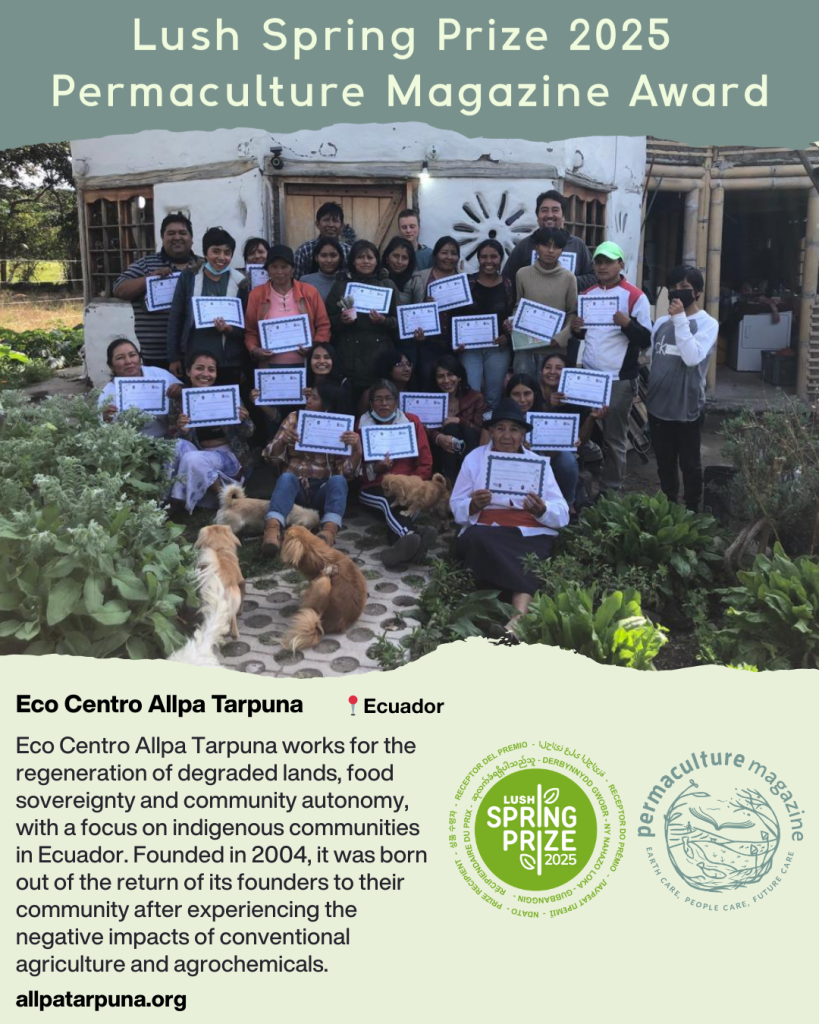
Eco Centro Allpa Tarpuna works for the regeneration of degraded lands, food sovereignty and community autonomy, with a focus on indigenous communities in Ecuador.
Founded in 2004, it was born out of the return of its founders to their community after experiencing the negative impacts of conventional agriculture and agrochemicals. This return marked the beginning of a path towards reconnecting with indigenous ancestral knowledge and adopting permaculture and organic production.
One of the key achievements has been the recovery of soils degraded by monocultures and eucalyptus. Although slow, this process has demonstrated the benefits of a regenerative approach and strengthened the resilience of the community. Allpa Tarpuna is currently focusing on:
Allpa Tarpuna integrates bio-construction, renewable energy and sustainable water management into its practices. It also encourages the preservation of ancestral seeds and agro-ecological techniques such as crop rotation, reducing dependence on chemicals.
In the future, it wants to expand its training in permaculture design, combining indigenous knowledge with modern regenerative solutions. It seeks to empower more local farmers, promoting designs that restore the connection between people and nature.
Allpa Tarpuna is a living indigenous family that sows regeneration, inspiring a sustainable and resilient balance. https://allpatarpuna.org
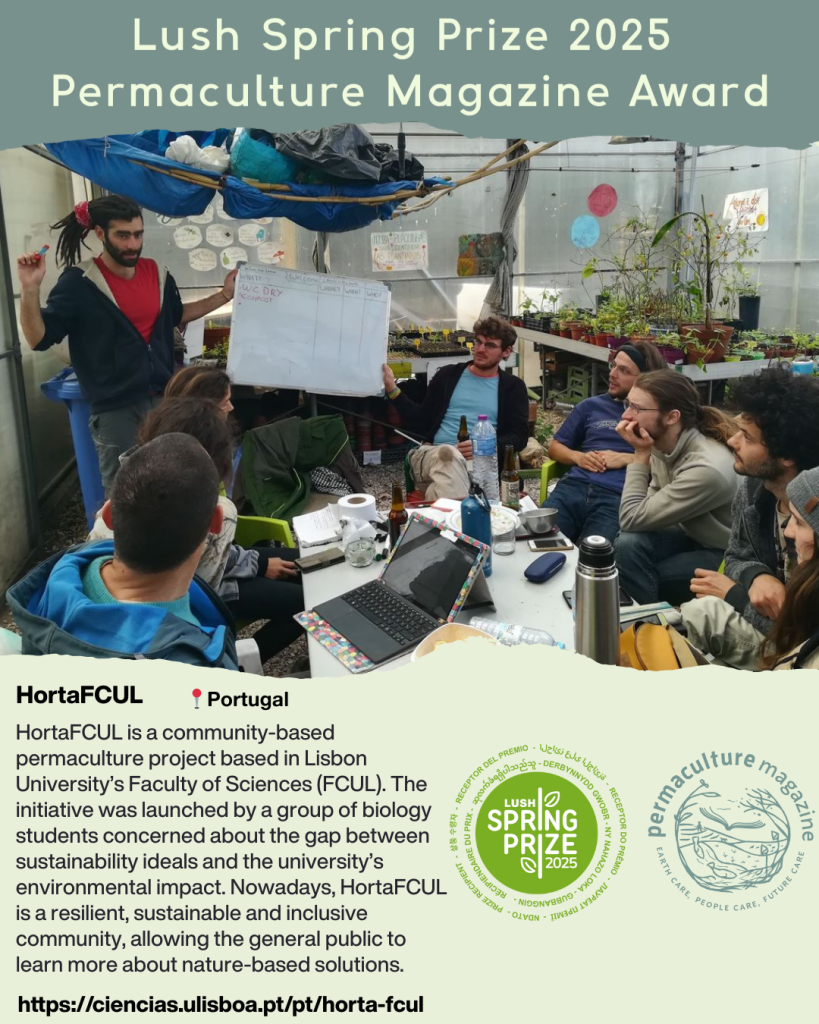
HortaFCUL is a community-based permaculture project based in Lisbon University’s Faculty of Sciences (FCUL). The initiative was launched by a group of biology students concerned about the gap between sustainability ideals and the university’s environmental impact.
This bottom-up project has developed an important role as a catalyst of practical scientific-based knowledge. Nowadays, HortaFCUL is a resilient, sustainable and inclusive community, allowing the general public to learn more about nature-based solutions. It has five subprojects at campus level and relies on a volunteer-based horizontally-organised guardians collective to maintain the project’s green areas.
HortaFCUL, as a permaculture project, achieves its central goals by closing functional loops related to human activities. For example:
The shortlist of permaculture projects for 2025, were:
Learn more about the Permaculture Magazine Award HERE.
Learn more about the judging panel HERE.
Learn more about the Lush Spring Prize HERE.
£200,000 for Regenerative Projects Transforming Community and Landscapes
£30,000 Permaculture Magazine Prize Celebrates Climate Change Solutions (2019)
The Permaculture Magazine team have been publishing books and magazines since 1992.
Their YouTube channel www.youtube.com/PermacultureMagazine shares a range of videos from no dig organic gardening and food forests, to regenerative farming and keeping bees.

